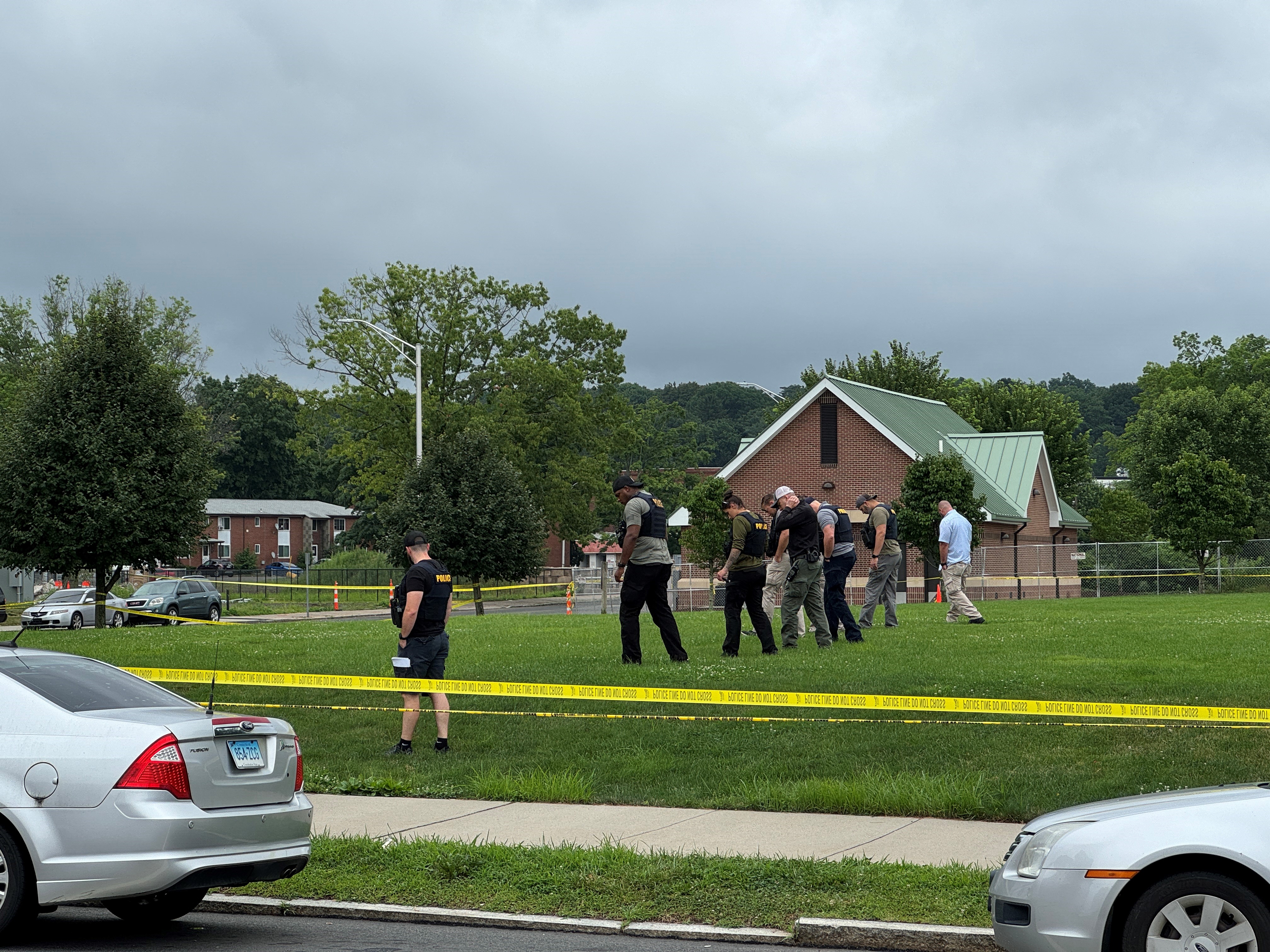A journey of self-discovery. Many Korean adoptees in Connecticut have made efforts to find their birth families while figuring their own identities and place in the state.
“When I was younger, you’re in this little bubble. It’s very idyllic, playing with the neighborhood kids,” Kim King said.
The childhood photos King keeps in her album bring back fond memories of growing up in Madison. But as she grew older, she began to be more self-aware.
“It really was I think, like for so many adoptees, not until you go to school that all of a sudden you realize, ‘Oh, I’m a little different,’” she said.
Get top local stories in Connecticut delivered to you every morning. >Sign up for NBC Connecticut's News Headlines newsletter.
King was adopted from South Korea when she was 18 months old. Her background is a mystery even to the adoption agency that cared for her.
“They actually don’t know my birthdate. I was just found sitting on the street,” she said.
King was adopted into an Irish Catholic family that she says cared and loved her but living in a community with little diversity at that time, she only had a vague sense of her heritage as a child.
Local
“I thought maybe Korean meant I was more Chinese like all of those. The food, I never had Korean food,” she said.
King began exploring her identity later in life and eventually joined a Connecticut Korean adoptee Facebook group where she felt an instant connection.
“The best thing for me was when I found community, when I found other adoptees, just being able to share stories,” King said.
Cynthia Burns, a bi-racial Korean adoptee, helps lead the group, which has about 115 members organizing events and get-togethers.
“You feel this instant connection. Somehow this part of you knows that these people are special, that you share an experience and it’s unspoken. You just start talking,” she said.
She says those conversations reveal adoption experiences, ranging from positive like her own and King’s, to negative situations like dysfunctional homes and abuse.
“It really makes you think and gives you another point of view to really approach other adoptees from,” Burns said.
King and Burns are among about 200,000 young Koreans in the last six decades who have been adopted by families abroad, mostly in Western countries.
Burns says Korean society during the 1960s and 1970s stressed the need to keep family bloodlines intact and single mothers were shunned, with the South Korean government pushing them to give up their children for international adoption.
“If they kept the baby, potentially their life would be one of poverty and struggle,” she said.
King tried to find her birth parents in South Korea nine years ago but was unsuccessful after an older citizen reached out but didn’t match in a DNA test.
“That was a roller-coaster of emotion because that was already several months,” she said.
Despite the setback, King is committed to sharing her identity as an elementary school art teacher.
King, who was named 2022 Connecticut Teacher of the Year, makes an effort to let her students, especially those in foster care, know she’s been in their shoes.
“I want them to know ‘Hey, this is a part of who I am and I’m not ashamed of it’ and it helps my students,” King said.
She says she’s embracing her identity as a Korean American adoptee and wants any adoptee to know they’re not alone.
“Wherever you’re from or whatever your story, you can find a community of support and I think that’s the most important thing,” King said.



